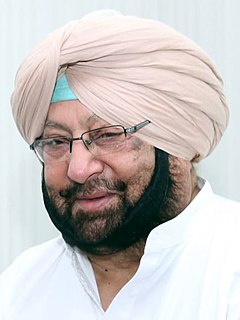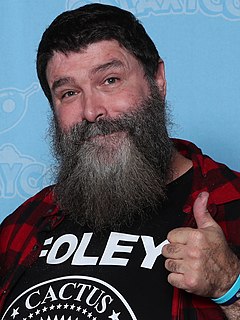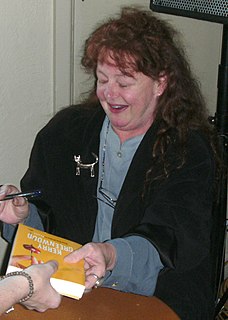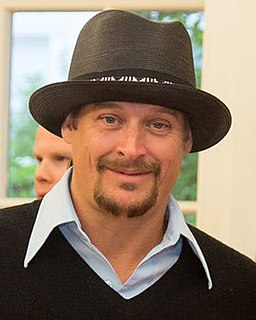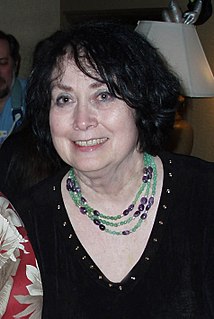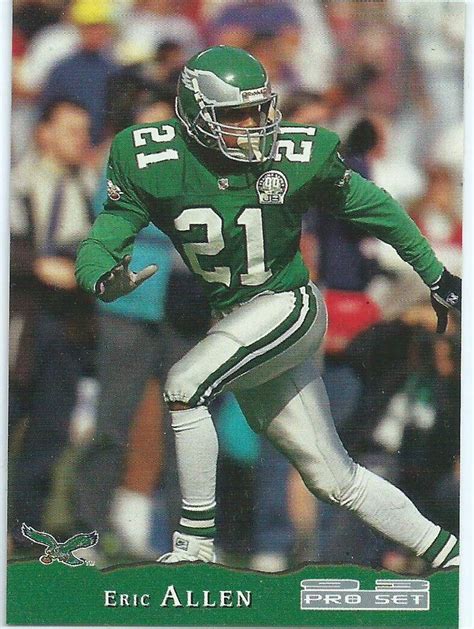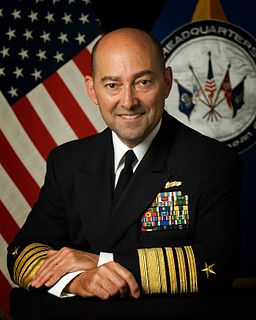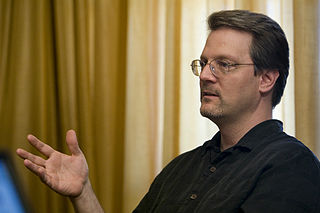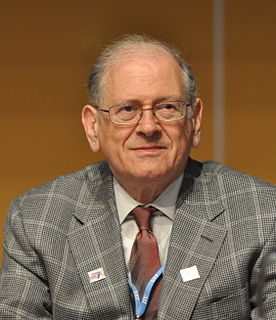Top 1200 Information Flow Quotes & Sayings - Page 13
Explore popular Information Flow quotes.
Last updated on December 23, 2024.
We get information in the mail, the regular postal mail, encrypted or not, vet it like a regular news organization, format it - which is sometimes something that's quite hard to do, when you're talking about giant databases of information - release it to the public and then defend ourselves against the inevitable legal and political attacks.
The Trump campaign generally does not respond at all to my requests for information - either requests for broader data on Trump's charitable giving or narrow requests for information about specific subjects, like the $20,000 portrait of himself that Trump seems to have purchased with money from his charity.
Today your technology is far more sophisticated. Forget about sending a reconnaissance aircraft, your satellites provide you information on a minute-to-minute basis. Similarly, when missiles were fired, every missile has a camera in its cone, on its nose, and it keeps relaying information until the point of its impact.
Computers are good at swift, accurate computation and at storing great masses of information. The brain, on the other hand, is notas efficient a number cruncher and its memory is often highly fallible; a basic inexactness is built into its design. The brain's strong point is its flexibility. It is unsurpassed at making shrewd guesses and at grasping the total meaning of information presented to it.
When we talk of flood control, we usually think of dams and deeper river channels, to impound the waters or hurry their run-off. Yet neither is the ultimate solution, simply because floods are caused by the flow of water downhill. If the hills are wooded, that flow is checked. If there is a swamp at the foot of the hills, the swamp sponges up most of the excess water, restores some of it to the underground water supply and feeds the remainder slowly into the streams. Strip the hills, drain the boglands, and you create flood conditions inevitably. Yet that is what we have been doing for years.
Kofi Annan described World Summit on the Information Society as the first summit to deal primarily with an opportunity. The range of issues and potential opportunities that might be included in the Information Society is enormous. Compromise texts are very poor at addressing these in any meaningful way, and many governments see little point in trying.
I think America is less safe on a lot fronts, and I disagree with the release of the information from Dianne Feinstein. I think she's as much a traitor to this country at this point as I thought about Edward Snowden and his release of information about other investigations and abilities from an intelligence standpoint.
I think people who read Internet blogs are usually trying to fit it in during a busy part of their day, and there's only so much information that you digest. Whereas an experience with a book is a little more comfortable, and I think people are a little more willing to really delve into information.
In the Restoring Internet Freedom Order, the FCC strengthened its transparency rule so that Internet service providers must make public more information about their network management practices. They are required to make this information available either on their own website or on the FCC's website.
I guess there's enough information out there to support that I'm a crazy, wild dude and rock and roll and this, that and the other. And there's enough information to support that, you know, I'm a single father, that, you know, has been a pretty standup guy in his community and pretty private about that stuff.
If you give a man the correct information for seven years, he may believe the incorrect information on the first day of the eighth year when it is necessary, from your point of view, that he should do so. Your first job is to build credibility and the authenticity of your propaganda, and persuade the enemy to trust you although you are his enemy.
I think the use of language is a very important means by which this species, because of its biological nature, creates a kind of social space, to place itself in interactions with other people. It doesn't have much to do with communication in a narrow sense; that is, it doesn't involve transmission of information. There is much information transmitted but it is not the content of what is said that is transmitted.
It's crazy to me that in this world of electronic medical records Walmart has so much information about how we shop, but no one has that information about our health. Why can't my doctor say, 'Wow, Anne, based on your lifestyle and behavior, you're five years from being diabetic.' But I can go to Target, and they know exactly what I'm going to buy.
When you get out of the driver's seat, you find that life can drive itself, that actually life has always been driving itself. When you get out of the driver's seat, it can drive itself so much easier-it can flow in ways you never imagined. Life becomes almost magical. The illusion of the “me” is no longer in the way. Life begins to flow, and you never know where it will take you.
The Internet has been an invaluable acquisition. I wonder how we would do without it. Information can be sent from one country to the other within the space of minutes, crossing channels, crossing oceans, crossing continents. But still, we can't compete with the might and power and wealth of those who dominate, control, and own the means of the production of information today.
I worry that the level of interrupt, the sort of overwhelming rapidity of information — and especially of stressful information — is in fact affecting cognition. It is in fact affecting deeper thinking. I still believe that sitting down and reading a book is the best way to really learn something.? And I worry that we’re losing that.
We now know that we imprint information during the day. We sort of - that seed is planted there within the brain during the day. In other words, we learn information. But we also know that that vision that was planted in the brain still remains in the sound of silence, in this - in the dark of night.
If neuroscientific research shows that those mechanisms only contain comparative information about colour differences, and have 'thrown away' more fine-grained information about the absolute colours of single surfaces, then that would support my position, in a way that just introspecting our colour experiences can't.
Americans are in need of very objective information, and sometimes it's easier to absorb the message through entertainment and through a great story than through the news outlets [where] everything is sensationalized. Not only are you getting information that sort of defies stereotypes, but you're also getting a wonderful story with hopefully good performances.
We receive experience from nature in a series of messages. From these messages we extract a content of information: that is, we decode the messages in some way. And from this code of information we then make a basic vocabulary of concepts and a basic grammar of laws, which jointly describe the inner organization that nature translates into the happenings and the appearances we meet.
We have more information - a glut of information - than ever before, and perhaps less knowledge. That's what's peculiar. And the only way you can deal with it, I suppose, is to make fun of it. I would rather watch Comedy Central for the news than I'd like to watch any other program on television. Maybe that shows you the state of affairs.
I believe in the not-too-distant future, people are going to learn to trust their information to the Net more than they now do, and be able to essentially manage very large amounts and perhaps their whole lifetime of information in the Net with the notion that they can access it securely and privately for as long as they want, and that it will persist over all the evolution and technical changes.
I'm quite good at taking in information so I voraciously inhale Wikipedia - which may have some things wrong in it, but I think is generally more information than we had before. Last tour we didn't have Wikipedia. And then Discovery Channel and History Channel. I can take it in and retain what I think are the most important facts.
As Stewart Brand (co-founder of Emeryville's Global Business Network) likes to say, "Information lasts forever. Digital information lasts forever or for five years, whichever comes first." There are examples everywhere. The tapes from the original Viking landers that went to Mars are at (NASA's) Jet Propulsion Laboratory, but there is no machine that can read the tapes.
The mechanical brain does not secrete thought "as the liver does bile," as the earlier materialists claimed, nor does it put it out in the form of energy, as the muscle puts out its activity. Information is information, not matter or energy. No materialism which does not admit this can survive at the present day.
It can be tempting to blame others for our loss of direction. We get lots of information about life but little education in life from parents, teachers, and other authority figures who should know better from their experience. Information is about facts. Education is about wisdom and the knowledge of how to love and survive.
I had the evidence that a crash did happen here....Give this information to the young people of the world and this country....They want it. Give it to them. Don't hide it and tell lies and make stories. They're not stupid....It's their information. It doesn't belong to the Army or the Department of Defence. If it's classified, take the classification off and give it to them!
The Internet, like all intellectual technologies has a trade off. As we train our brains to use it, as we adapt to the environment of the internet, which is an environment of kind of constant immersion and information and constant distractions, interruptions, juggling lots of messages, lots of bits of information.
What we mean by information - the elementary unit of information - is a difference which makes a difference, and it is able to make a difference because the neural pathways along which it travels and is continually transformed are themselves provided with energy. The pathways are ready to be triggered. We may even say that the question is already implicit in them.
Too many scholars think of research as purely a cerebral pursuit. If we do nothing with the knowledge we gain, then we have wasted our study. Books can store information better than we can--what we we do that books cannot is interpret. So if one is not going to draw conclusions, then one might as well just leave the information in the texts.
But the frightening aspect is that it's part of a larger effort from the Pentagon to tear down the wall between public affairs and propaganda, and essentially say there is no difference between information operations, public affairs and psychological operations. It's all one and the same. They have a new name for that too, it's called Information Engagement.
I'd be surprised if non-fiction writers hate to be interviewed. We all hate them, because there's really nothing to say except "Read the book." Right? At least with non-fiction, you can kind of convey some information, and people can decide for themselves whether they want more of that kind of information. But with a novel, what am I going to do?
Classical singing - everything had to be homogenous, and it had to just feel like one continuous flow from top to bottom, bottom to top. And in jazz, I felt like, oh, well, I can sing these deep, husky lows if I want and then sing these really, like, tiny, laser highs if I want, as well. And I have - I have no obligation to make it sound like it's just one continuous flow.
It's naive and even irresponsible for a grownup today to get her or his information about foreign policy and war and peace exclusively from the administration in power. It's essential to have other sources of information, to check those against one's own common sense, and to form your own judgment as to whether we ought to go to or persist in war.
I think it was Samuel Johnson who said, "There are two kinds of information in this world: that what you know and that what you know where to get." The tools help the latter, and that's what keeps us from going nuts. The sense of overload comes from the gap between that sudden jump in volume (of information) and the tools we have to make sense of it.
Innovation is fostered by information gathered from new connections; from insights gained by journeys into other disciplines or places; from active, collegial networks and fluid, open boundaries. Innovation arises from ongoing circles of exchange, where information is not just accumulated or stored, but created. Knowledge is generated anew from connections that weren't there before.
As Einstein queried, 'Why is it that I get my best ideas in the morning while I'm shaving?' Shaving is like meditation with a sharp object. When the mind is empty and receptive, big ideas flow through every cell of our body. When we're thinking too hard, we tense up and nothing can flow through us; our energy gets stuck in our heads. Sometimes you have to take a leap of faith and trust that if you turn off your head, your feet will take you where you need to go.
Think about it: if you were running a multi-million dollar company, and your database of customer information was stolen, would you want to tell your clients? No. Most companies did not until the laws required them to. It's in the best interest of organisations - when they're attacked and information is stolen - to tell nobody.







